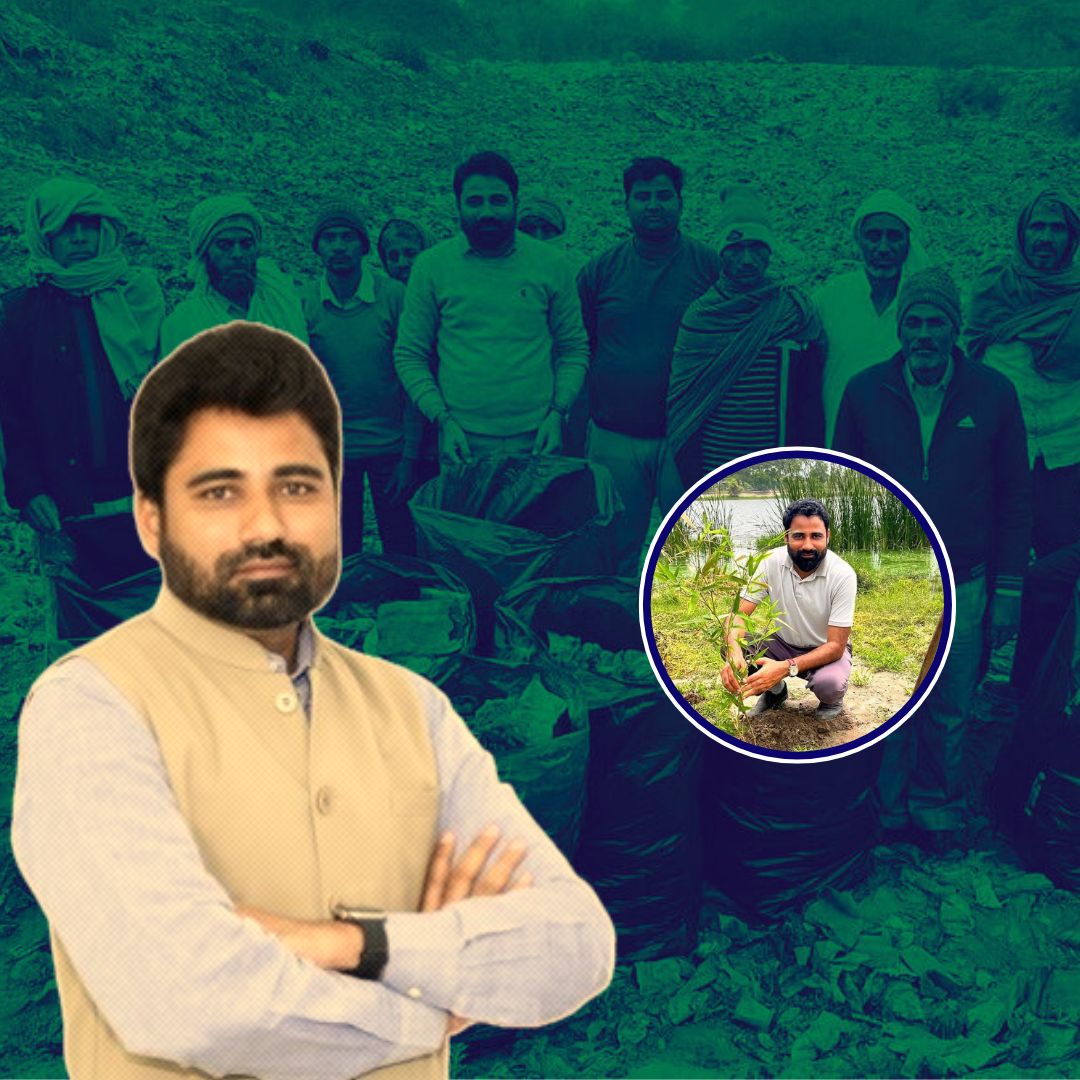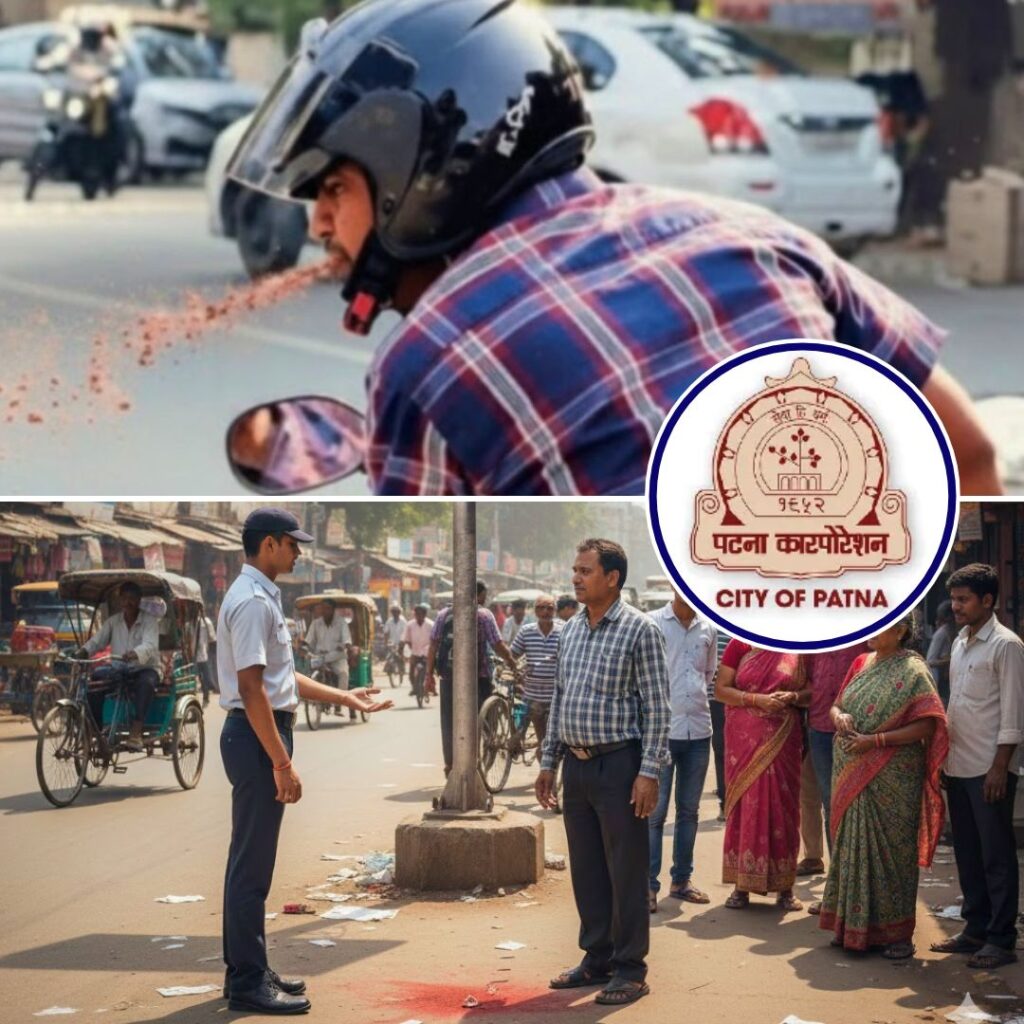Environmentalist Vikrant Tongad and his non-profit Social Action for Forest and Environment (SAFE) have transformed a four-acre illegal dumpsite in Greater Noida into a flourishing urban forest. Over seven months in early 2025, they planted 3,000 native trees with support from the Greater Noida Industrial Development Authority (GNIDA) and Noida Power Company Limited (NPCL).
This initiative prevented the site from turning into another hazardous landfill like Ghazipur, significantly improving biodiversity, air quality, and local living conditions. Community involvement was instrumental, with over 1,600 kg of plastic waste recycled and 12 truckloads of rubbish cleared. Adjacent land restoration and ongoing maintenance promise sustained ecological benefits.
Green Revival in Action – Planting Hope and Biodiversity
The restoration faced immense challenges: illegal dumping, toxic waste, soil mining pits, and frequent fires had rendered the area near Greater Noida’s Sector 16 Railway Bridge a serious health hazard. Vikrant Tongad and SAFE began by conducting thorough soil testing and land levelling to prepare the site for planting.
Using the Miyawaki method—a Japanese technique that fosters fast-growing, dense native forests—the team planted species such as Peepal, Neem, Banyan, Ashoka, and Teak. This approach encourages rapid ecosystem development, supporting local bird populations and other wildlife. One previously choked water body was cleaned and revived to serve as a rainwater catchment, sustaining the greenery and enriching biodiversity.
Representatives from GNIDA noted that this community-led restoration offers a replicable model for urban ecological projects, aligned with their strengthened policies to combat illegal dumping. The authority has designated the Asmoli landfill as the official waste disposal site to centralise and manage municipal waste effectively.
Local residents and gardeners, initially sceptical, have embraced the project by actively caring for the saplings and maintaining the green space. Many now express pride in the revived ecosystem, which has improved environmental quality and brought a renewed sense of community wellness.
Averted Environmental Crisis – Community Action and Sustainable Solutions
Before the intervention, the site suffered severe degradation due to municipal and industrial waste dumping, frequent fires, and illegal soil excavation, which generated harmful emissions and contaminated groundwater. The community’s role was vital in reversing this trend.
Over 1,600 kilograms of plastic waste were manually segregated and recycled, with some repurposed into benches to reduce environmental impact. NPCL’s corporate social responsibility efforts supported the installation of solar-powered irrigation systems, optimising water use for the newly planted trees. The revived water body now functions as a one-acre ecological hub, projected to sequester 33 metric tons of carbon annually and conserve approximately 4.1 million litres of rainwater each year, enhancing groundwater recharge.
The project halted further illegal dumping and fires, creating a safer, healthier environment for nearby residents. This green transformation complements Greater Noida’s wider environmental campaigns targeting urban tree loss and improved waste management.
The Logical Indian’s Perspective
This transformation exemplifies how community engagement, government collaboration, and visionary leadership can reclaim neglected urban spaces and turn them into sustainable, vibrant ecosystems. Vikrant Tongad and SAFE embody the proactive spirit necessary to confront environmental challenges amid rapid urbanisation.
Such projects are vital blueprints for Indian cities and beyond, demonstrating that empathy, dialogue, and shared responsibility can foster harmony with nature while addressing complex urban issues.











